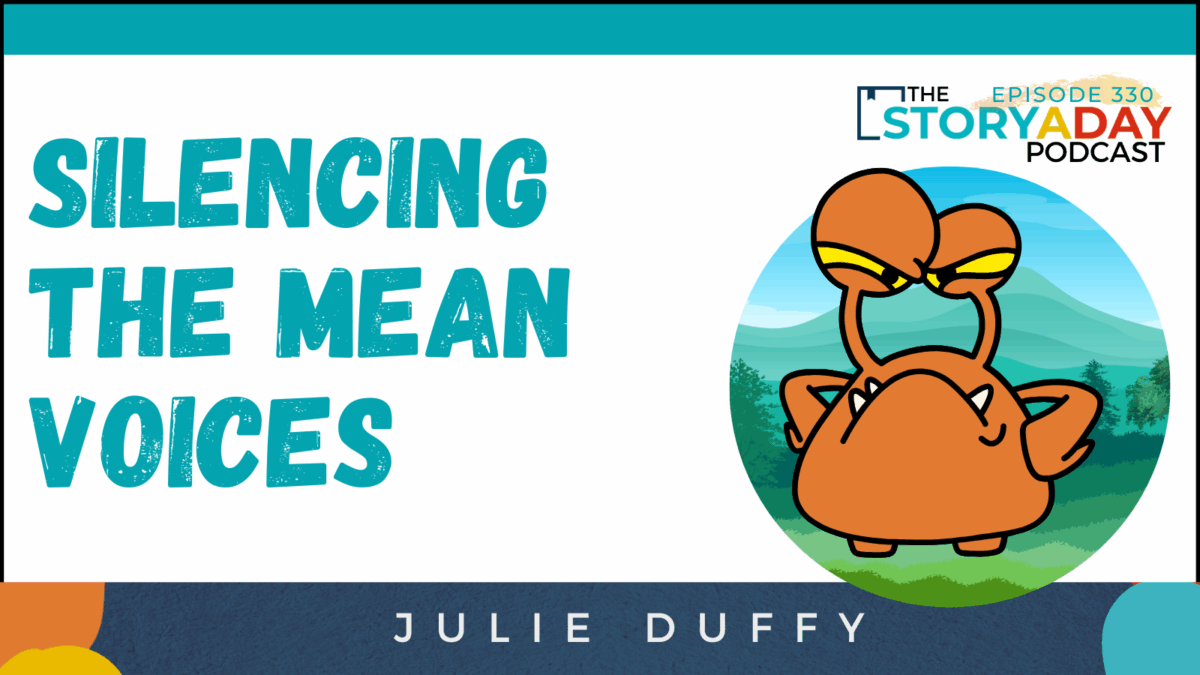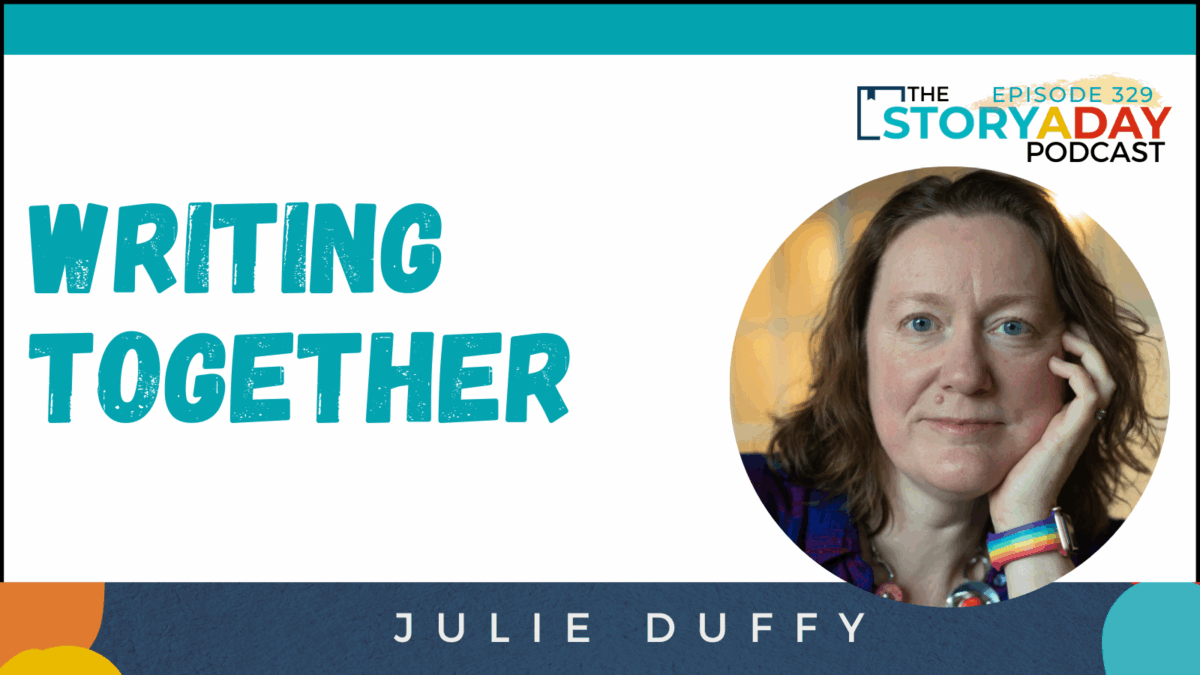Listen to the Audio
Watch the video
Why is AI suddenly everywhere, right now and what should you be doing about it (and with it) as a creator?
Yesterday, the Science Fiction and Fantasy Writers of America (SFWA) caused an outcry when they seemed to allow some level of AI to be used in works nominated for their Nebula Awards. Two hours later, after an outcry from the writing community they backtracked and clarified that such works would NOT be eligible.
It’s an example of how fast-moving and thorny an issue AI policies are for writers, creatives, and the organizations and businesses that work with them: where should you stand, given the theft of intellectual property and the environmental impact of data centers, AND the reality that AI tools here now?
In this episode I share my perspective as someone who has been in the publishing world for 30 years and who has been watching the development of Large Language Models (LLMs) like ChatGPT and Claude, for over three years.
I’ve been ‘behind the curtain’ of some of the early implementors in business, and I’ve followed the reactions of writers and the publishing industry, extremely closely.
Tune in to this bonus episode of StoryADay’s I, WRITER podcast, to gain some perspective on the state of AI, and some encouragement and practical tools for how to stay informed while staying productive.
Resources & Next Steps:
Build your writing practice with the Handbook : https://storyaday.org/challenge-handbook
Join the Superstars Group: Join the StoryADay Superstars for year-round support






